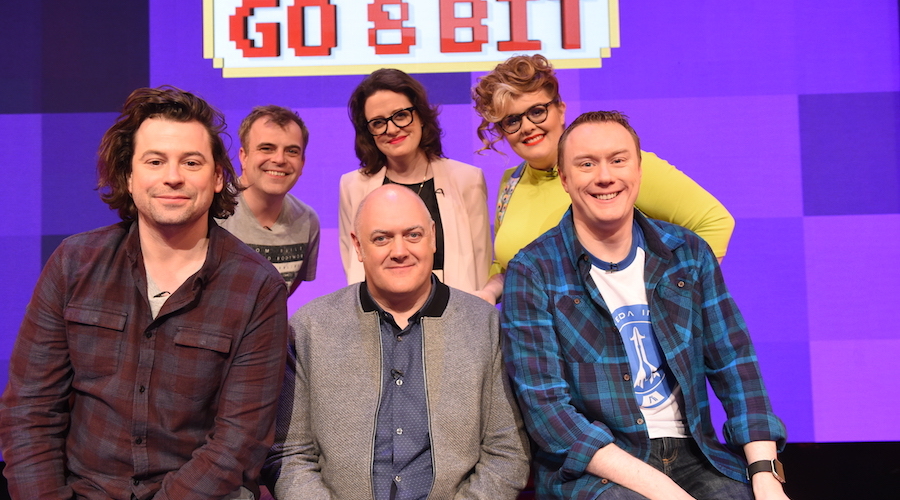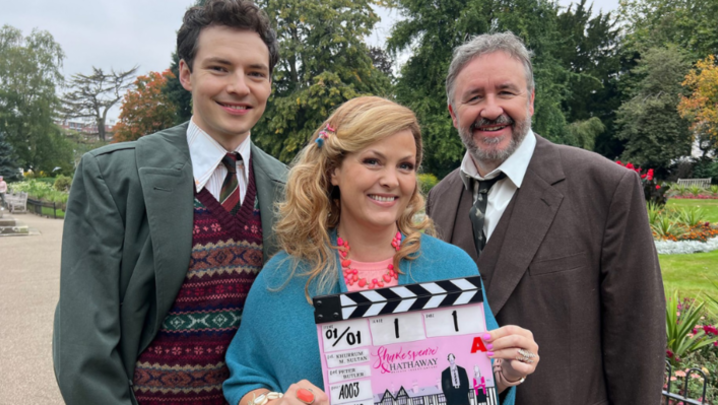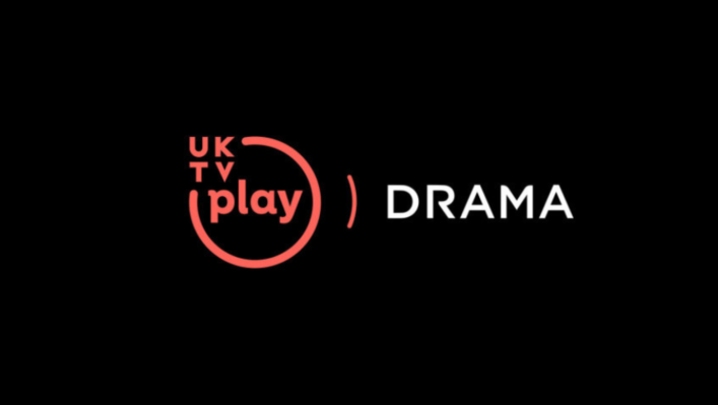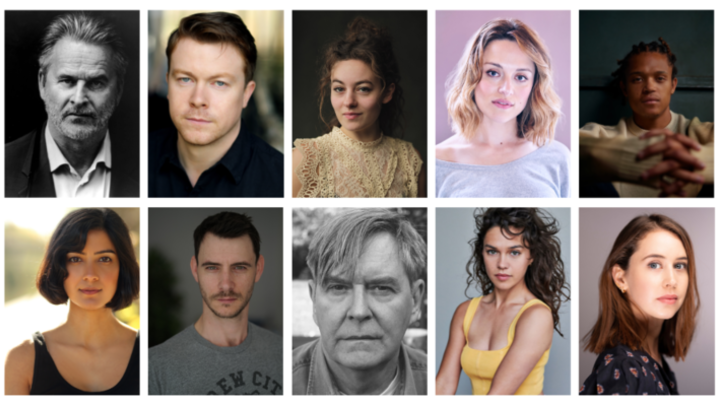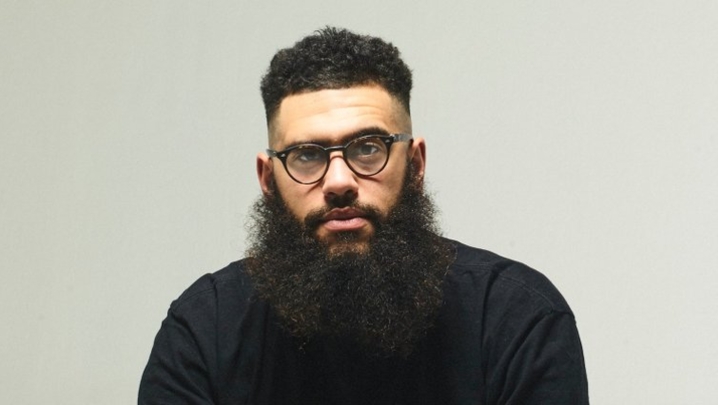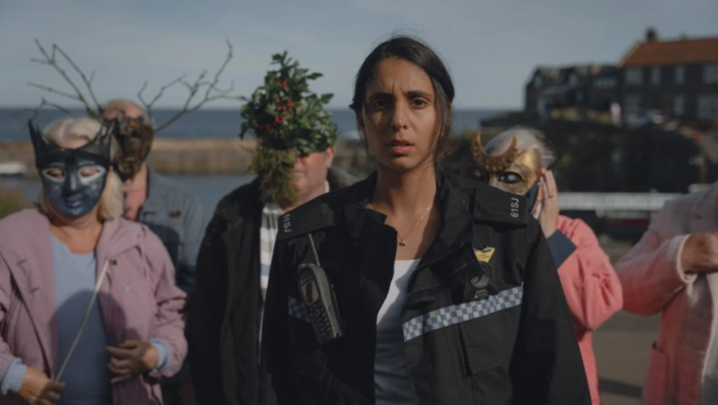“So many people game – it’s not this weird, niche thing anymore,” claimed Julia Hardy at an RTS London event in early May – the first London session to be streamed live on YouTube – devoted to gaming on television.
“It feels like there’s a huge lack of respect for gaming; [TV thinks] it’s still nerds in their bedrooms covered in crisps,” added the gaming presenter.
Television has had a chequered history with video games. In the 1990s, Channel 4’sGamesMaster became the first UK TV show dedicated to video games. Other shows followed, including CITV’s Bad Influence! and T.I.G.S (Totally Interactive Game Show), and Sky One’sGames World.
“There was this big gap afterwards,” said journalist and comic Ellie Gibson, who chaired the London event. “Nothing really took off in the same way as GamesMaster and then nothing was made for about a decade.”
One of the few programmes that currently features gaming was well represented on the panel in the shape of comedians, Steve McNeil and Sam Pamphilon, who created Dave comedy panel show Dara Ó Briain’s Go 8 Bit, and Gibson, the games expert on the show.
“Dara Ó Briain’s Go 8 Bit has been one of the most successful marriages of TV and games in recent years. I would argue that because I am in it,” said Gibson.
The show, which has racked up three series since its 2016 debut, features “comedians playing video games”, according to McNeil who, with Pamphilon, originally devised the format for the 2013 Edinburgh Festival Fringe.
“It’s about getting hopefully funny people together, but through the prism of games,” explained Pamphilon. “We’re not trying to go into any huge amount of detail or depth [about games] so we [don’t] push people away.”
“It was very hard to convince telly that video games would be okay [in a show],” recalled McNeil, who reflected on the three years it took to get the programme commissioned.
DLT Entertainment picked up the TV rights and hired producer Rohan Acharya to develop the format for television. “[Rohan] could have got it made quicker if he’d sacked us. He very kindly didn’t,” said McNeil.
“A big part of it was getting Dara on board,” he continued. “It was a great fit because Dara is the best at hosting panel shows and he’s a massive gamer.”
Julia Hardy, the host of BBC Radio 1’s The Gaming Show, which airs on iPlayer, explained the premise of her show. “We assume that our audience has a general knowledge and interest; we can’t go too deep into [the subject] because that kind of specialist coverage is available elsewhere. We tend to look at trending stories and the biggest titles as our starting point,” she said. “I would really love to go super nerdy but I have to hold myself back.”
Hardy argued that “hard core” gamers are catered for online, on YouTube and video game and eSports live streaming platform Twitch. But she said there was “a space” for a mainstream show with high production values on television: “There are enough gamers out there, who are interested in Red Dead Redemption, God of War or FIFA. Stick [a programme] on at 2am, they will find it or watch it on catch-up [TV].”
“They are so desperate for television so say it’s okay to be a gamer, because they have been marginalised for such a long time. This is why YouTube and Twitch have taken over, because gamers went out and made their own content.”
McNeil argued that TV could be “braver in representing games. Film 2018 for games could exist. There could be things on BBC Three or E4 where YouTubers and pro-gamers mess about; there could be a thing for kids on CBBC.
“There are lots of shows about games that telly isn’t making and it’s a shame it’s not because there is an audience for it.”
“People like competitive play, people like bragging rights,” added Hardy. “Whether you play video games or sports, people like to win. It’s about finding the right game for your channel or show.”
“Gaming and television: what’s the score” was held at ITV London Studios on 2 May. James Cordell produced the event.

